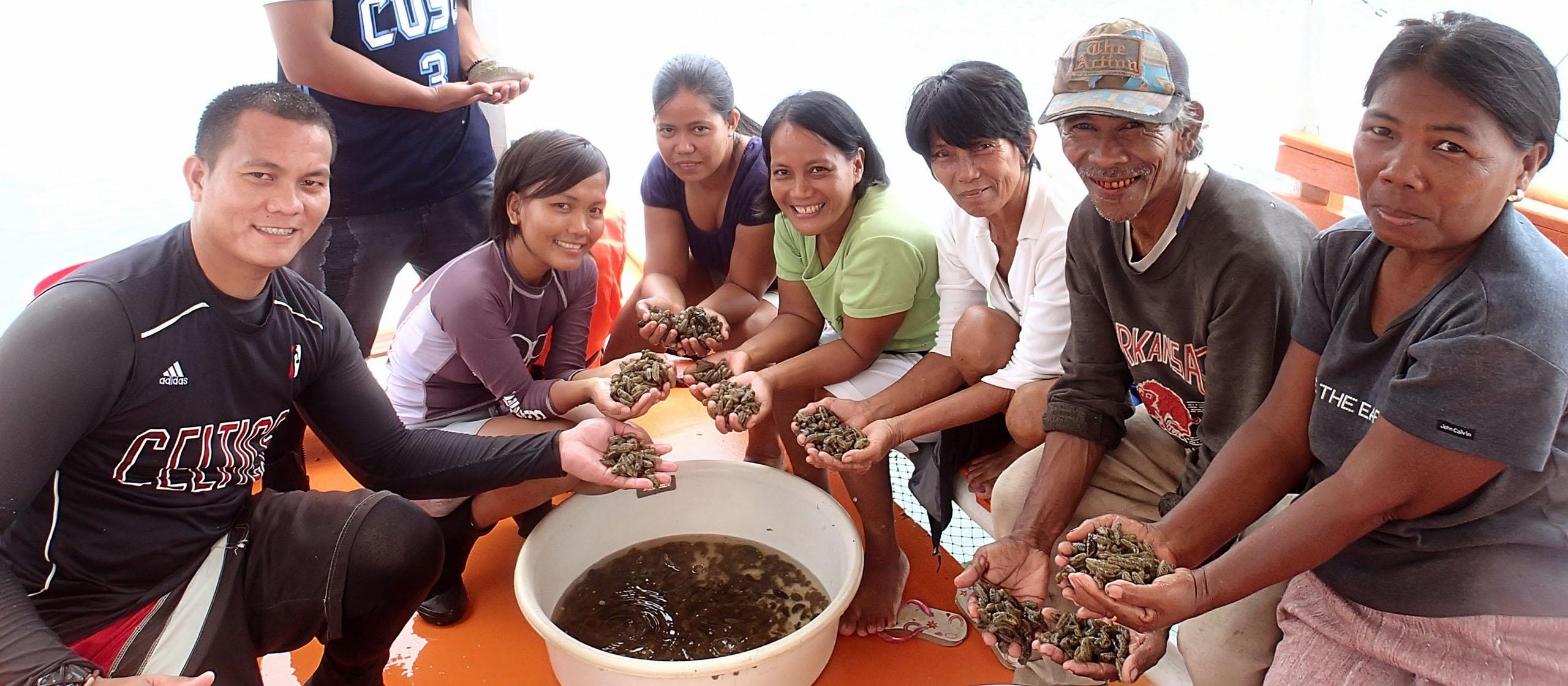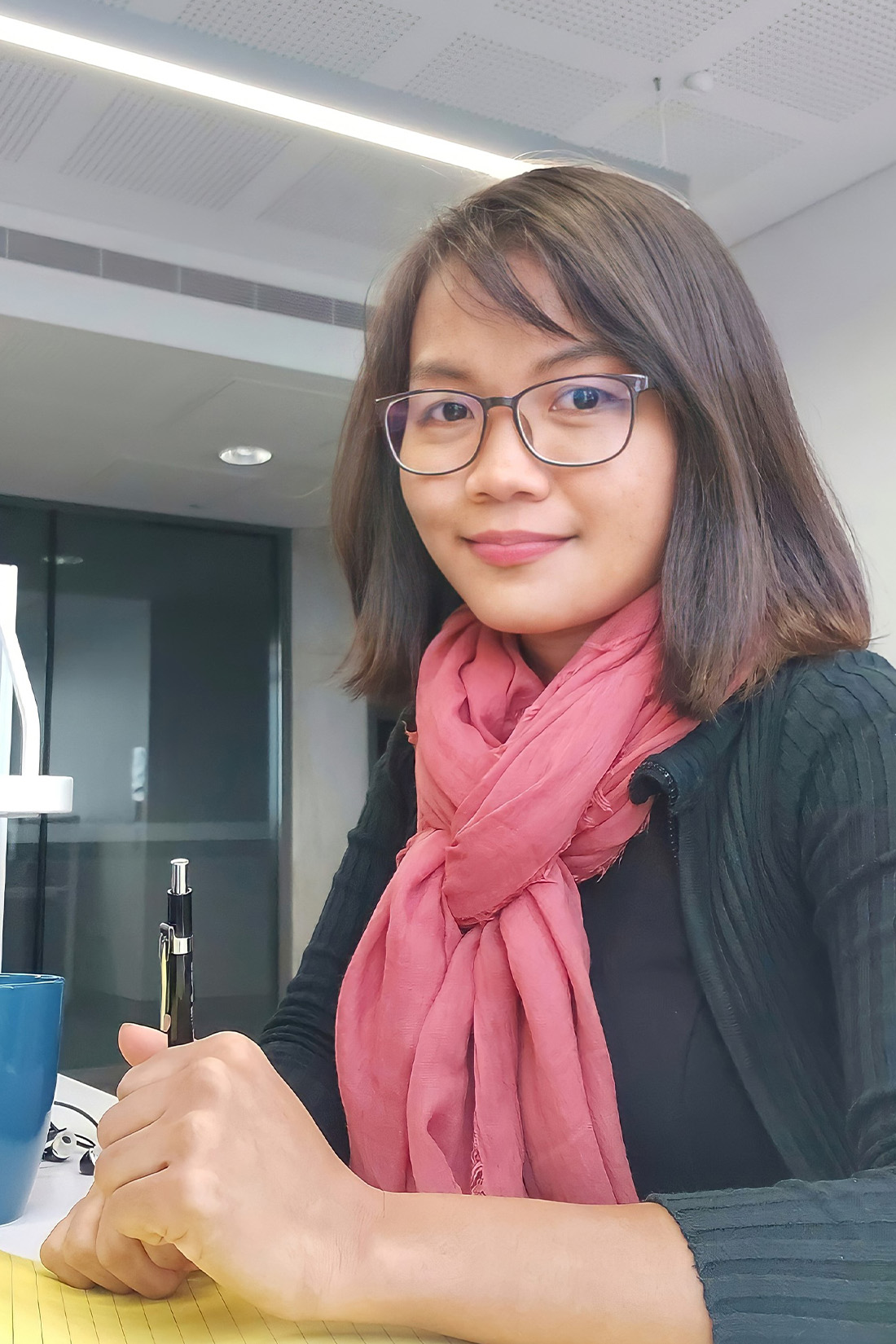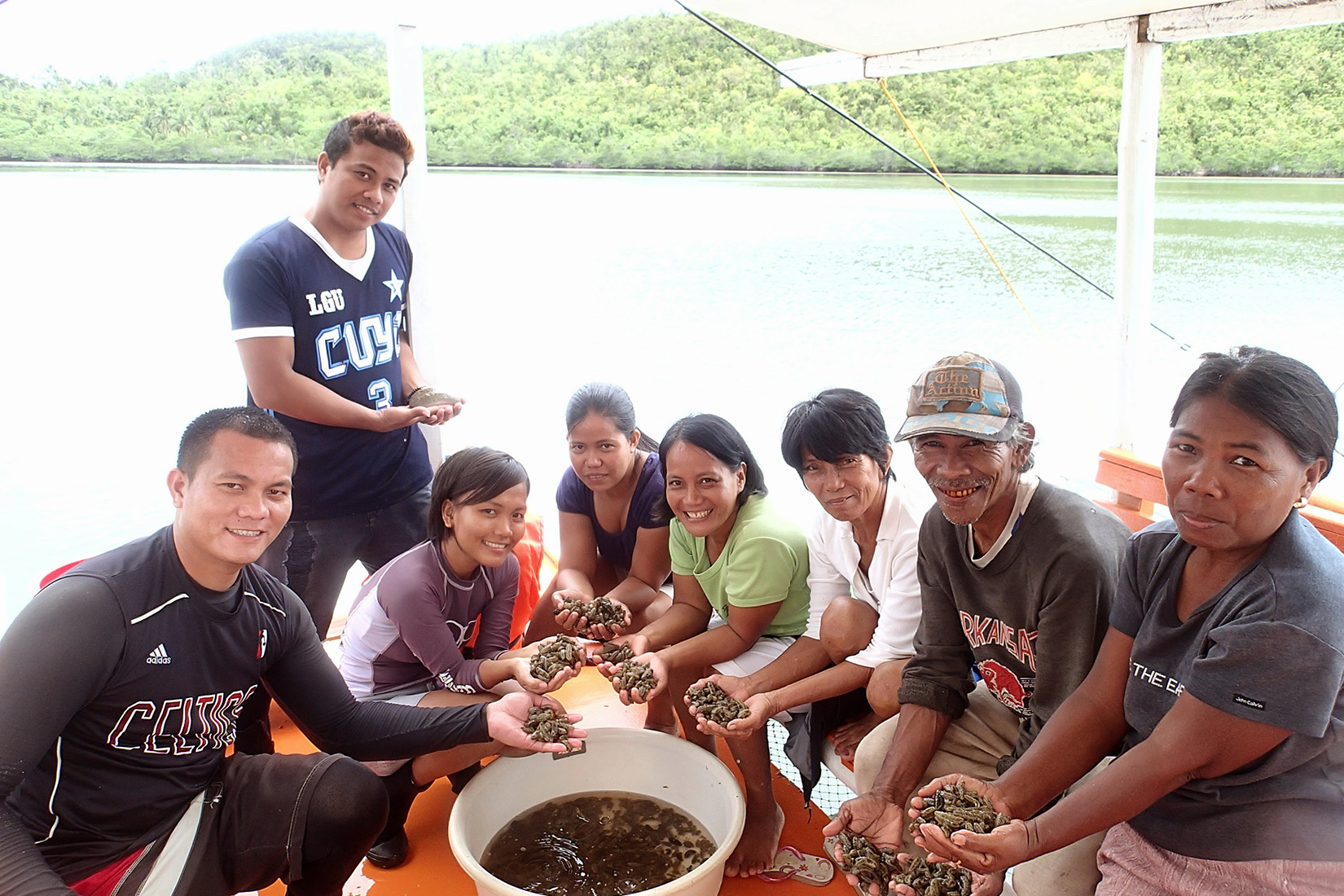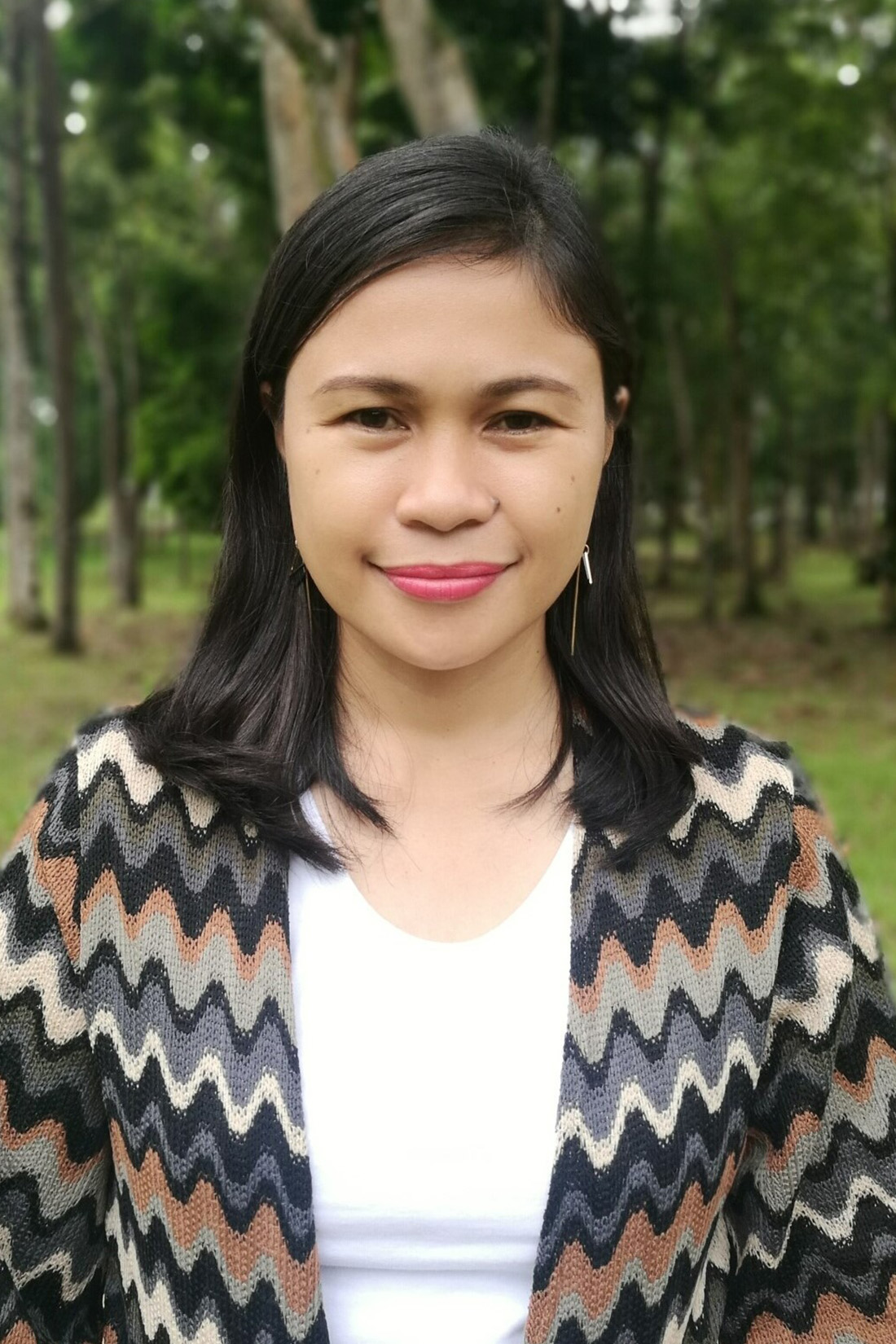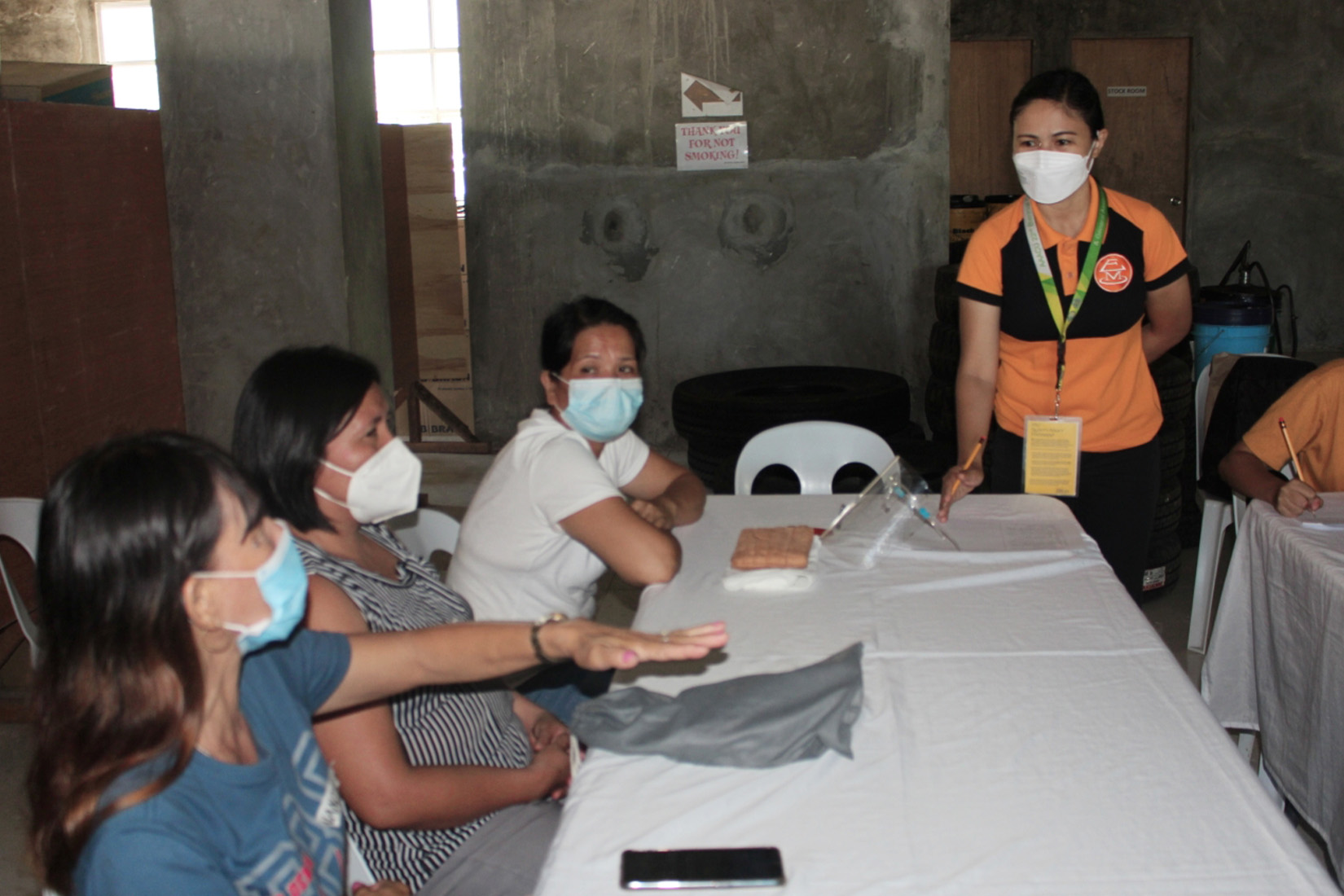Australia and the Philippines share a long history of partnership in promoting science education, research and innovation through development cooperation and capacity building programs, including in agricultural research.
ACIAR has been working closely with its Philippine partners to support STEM careers for emerging leaders, particularly women, in agricultural research for development. While the Philippines is ranked 19thin the 2022 Global Gender Gap Index, women are still underrepresented in leadership roles in STEM, particularly in the agriculture, fisheries and natural environment sectors.
To address this, ACIAR provides opportunities for agricultural scientists to develop their scientific capability through formal postgraduate training such as our John Allwright Fellowship (JAF) and through leadership and management programs for early to mid-career scientists and researchers. ACIAR capacity building programs have a strong focus on women, to create career pathways and support them to improve the livelihoods of fishers and farmers in the Philippines.
